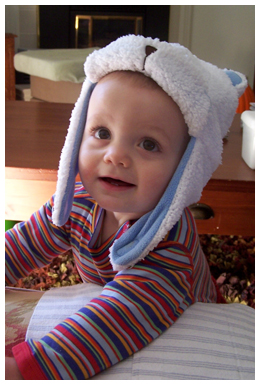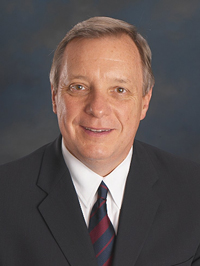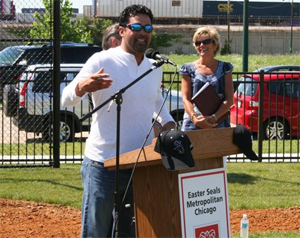Spread the word: free technology for people with autism
by Beth Finke
Technology can provide exhilarating possibilities to the 54 million of us in America who have disabilities. But a study commissioned by the California Endowment and conducted by the Alliance for Technology Access found that fewer than 25% of us who could be helped by assistive technology are using it to our advantage. The study said most people with disabilities “make do” without assistive technology. Sometimes they’re unaware that technology is available, other times they don’t know how to obtain it.
Easter Seals’ national Director of Autism Services, Patricia Wright, has published a number of posts here about assistive technology available free-of-cost to people with autism. Just last month she wrote about SketchUp, a free software program offered by Google that people with autism have found helpful.
In a post called Making the Internet work for people with autism, Patricia linked to an Associated Press article about a creative grandfather who wanted his grandson to have access to the web. His grandson has autism and needed some accommodations.
LeSieur tried to find online tools that could guide autistic children around the Web, but he couldn’t find anything satisfactory. So he had one built, named it the Zac Browser for Autistic Children in honor of his grandson, and is making it available to anyone for free.
The browser is available at www.zacbrowser.com.
In another post Patricia touted a symbol-based browser called Webwide and explained how to use it for free on a 30-day trial basis.
I have tried Webwide myself and know individuals with autism who are able to interpret and understand information more successfully using the symbol supports and added visual cues Webwide provides. It’s a fantastic tool.
Please help us spread the word about these products that are available free of charge. Maybe at least some of the frustrations of autism could be solved if the technology got into the right hands.







 Earlier this year
Earlier this year  On World Autism Day this year (April 2), Sen. Richard J. Durbin (D-IL), introduced a bill that would increase vocational opportunities for people on the autism spectrum. The bill, called the
On World Autism Day this year (April 2), Sen. Richard J. Durbin (D-IL), introduced a bill that would increase vocational opportunities for people on the autism spectrum. The bill, called the  The reunion with Ozzie was great, he recognized me right away! It would be greater if the White Sox were on a roll, though. I grew up on Chicago’s south side and have always been a White Sox fan, and while I am writing this they are in second place. No matter what happens the rest of the season, I will always be a fan of this
The reunion with Ozzie was great, he recognized me right away! It would be greater if the White Sox were on a roll, though. I grew up on Chicago’s south side and have always been a White Sox fan, and while I am writing this they are in second place. No matter what happens the rest of the season, I will always be a fan of this